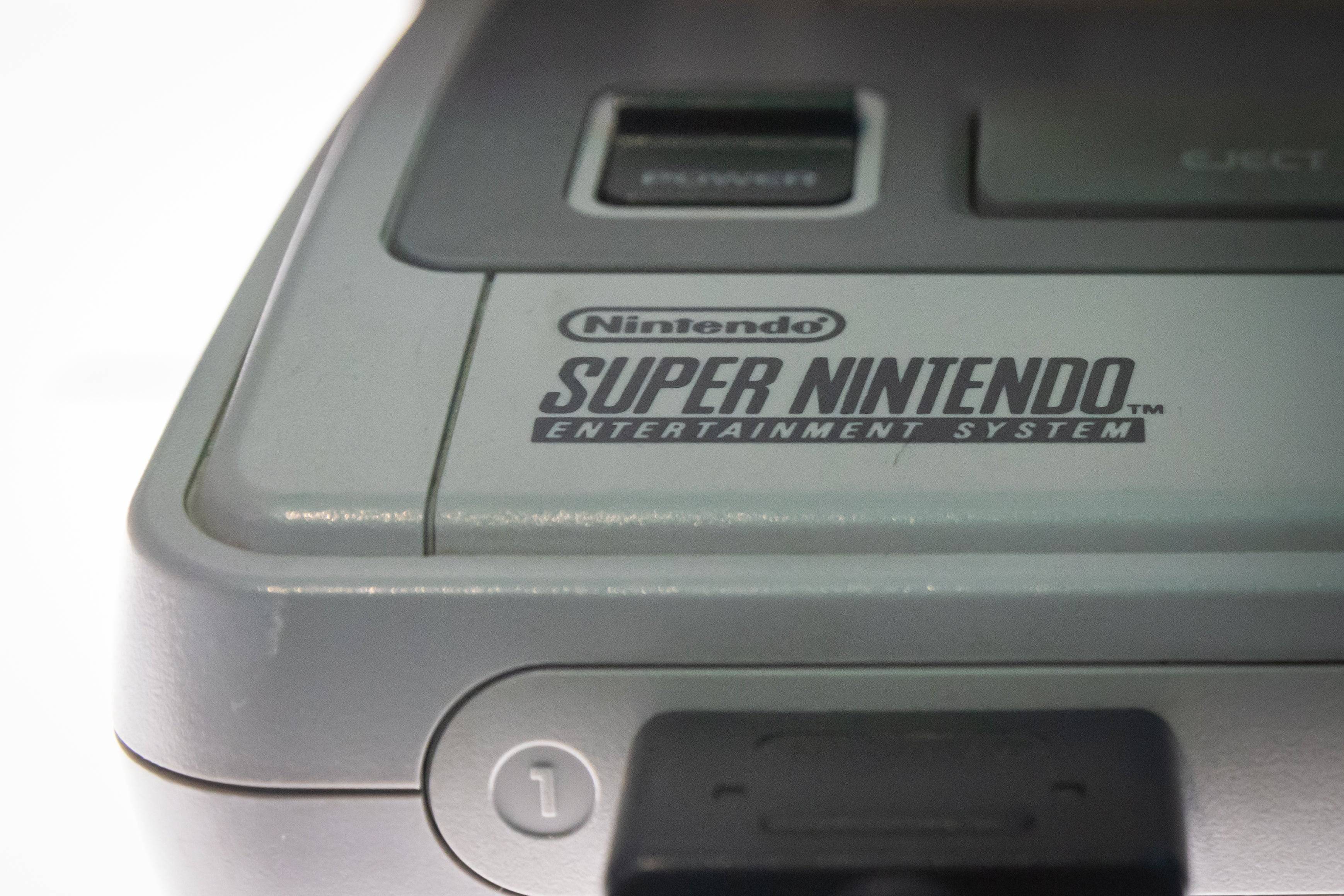New Discovery Leaves Speedrunners Puzzled: SNES Performance Increases with Age
The speedrunning community is buzzing with excitement over a peculiar technological phenomenon that appears to be making the Super Nintendo Entertainment System (SNES) run games faster as it ages. This intriguing theory emerged in early February when Bluesky user Alan Cecil (@tas.bot) shared observations indicating that the iconic console might now be performing better than when it was brand new in the 1990s. If true, this could mean that the nearly 50 million SNES units sold worldwide might be enhancing gameplay in classics like Super Mario World, Super Metroid, and Star Fox, rather than deteriorating over time.
The notion that a video game console could improve its efficiency over time seems far-fetched, yet Cecil's research points to a specific component that might be responsible for this unusual behavior.
The Fastest Thing Alive
In an interview with 404 Media, Cecil explained that the SNES's audio processing unit (APU) SPC700 is supposed to have a digital signal processing (DSP) rate of 32,000Hz, driven by a ceramic resonator operating at 24.576MHz, according to official Nintendo specifications. However, retro console enthusiasts have noted that these specs are not entirely accurate. Recordings over the past few decades have shown that the DSP rate can vary slightly due to factors like temperature, affecting how audio is processed and sent to the CPU. Consequently, these fluctuations can subtly alter game speed.

The SNES appears to be getting faster with age. Photo by Aldara Zarraoa/Getty Images.
The real intrigue lies in how this rate has evolved over the past 34 years. After noticing higher-than-expected DSP rates, Cecil asked SNES owners to record data from their units. The 140+ responses he received confirmed a consistent trend of increasing DSP rates. For instance, the average DSP rate in 2007 was around 32,040Hz, but Cecil's latest findings elevate this to 32,076Hz. While environmental factors like temperature do influence these rates, they do not account for the significant increase observed over time. It seems the SNES is indeed processing audio faster as it ages.
Cecil elaborated on this in a follow-up Bluesky post, sharing a layout of the data: "Based on 143 responses, the SNES DSP rate averages 32,076Hz, rising 8Hz from cold to warm. Warm DSP rates go from 31,965 to 32,182Hz, a 217Hz range. Therefore, temperature is less significant. Why? How does it affect games? We do not know. Yet."
Any%
While the findings are fascinating, Cecil acknowledges that further research is needed to fully understand how much faster the SNES is processing game audio and what is causing this phenomenon. Data from the console's early years is scarce, but the current evidence suggests that the SNES is aging gracefully as it approaches its 35th anniversary.
This development has significant implications for the speedrunning community. An SPC700 that processes audio more quickly could theoretically reduce load times in specific game sections, potentially affecting longstanding leaderboard rankings and records. However, the impact on speedruns, such as those for Super Mario World, is not straightforward.
Nintendo Consoles
It's important to note that APU speeds do not directly correlate with visual game speed. Even under the most extreme conditions suggested by these new findings, the effect on a typical speedrun would likely be less than a second. The extent to which individual games might benefit from these changes is still up for debate, and the long-term impact on longer speedruns remains unclear. The speedrunning community's research is still in its early stages, but the general consensus is that players need not worry too much about these changes.
As Cecil continues to investigate what makes the SNES tick, the console remains in fine form as it cruises through its 30s. For more on the SNES, check out the list of best-selling consoles of all time.
-
1
![Roblox Forsaken Characters Tier List [UPDATED] (2025)](https://imgs.ksjha.com/uploads/18/17380116246797f3e8a8a39.jpg)
Roblox Forsaken Characters Tier List [UPDATED] (2025)
Mar 17,2025
-
2

Roblox UGC Limited Codes Unveiled for January 2025
Jan 06,2025
-
3

Stardew Valley: A Complete Guide To Enchantments & Weapon Forging
Jan 07,2025
-
4

Pokémon TCG Pocket: Troubleshooting Error 102 Resolved
Jan 08,2025
-
5

Free Fire Characters 2025: Ultimate Guide
Feb 20,2025
-
6

Blood Strike - All Working Redeem Codes January 2025
Jan 08,2025
-
7

Blue Archive Unveils Cyber New Year March Event
Dec 19,2024
-
8

Roblox: RIVALS Codes (January 2025)
Jan 07,2025
-
9

Cyber Quest: Engage in Captivating Card Battles on Android
Dec 19,2024
-
10

Delta Force: A Complete Guide to All Campaign Missions
Apr 09,2025
-
Download

A Simple Life with My Unobtrusive Sister
Casual / 392.30M
Update: Mar 27,2025
-
Download

Random fap scene
Casual / 20.10M
Update: Dec 26,2024
-
Download
![Corrupting the Universe [v3.0]](https://imgs.ksjha.com/uploads/66/1719514653667db61d741e9.jpg)
Corrupting the Universe [v3.0]
Casual / 486.00M
Update: Dec 17,2024
-
4
Ben 10 A day with Gwen
-
5
Oniga Town of the Dead
-
6
A Wife And Mother
-
7
Cute Reapers in my Room Android
-
8
Permit Deny
-
9
Utouto Suyasuya
-
10
Roblox














